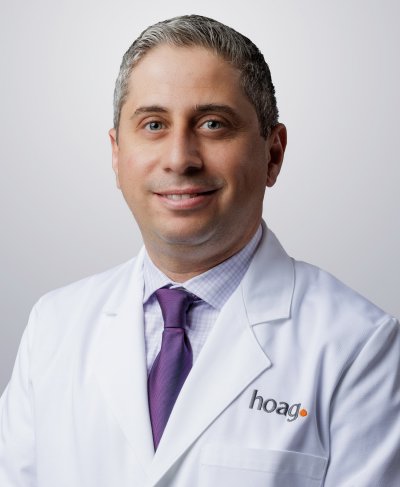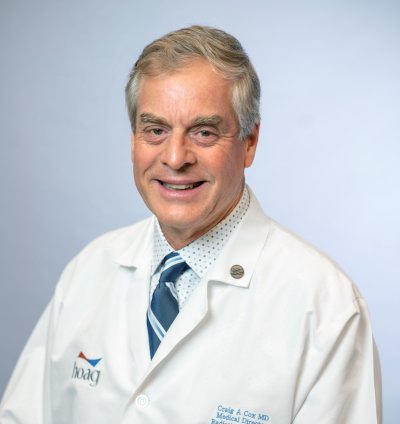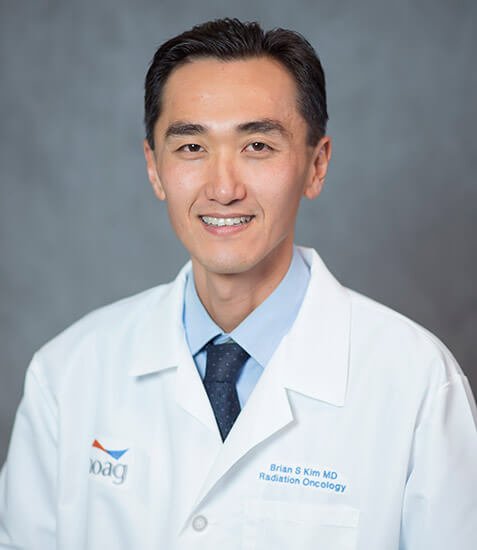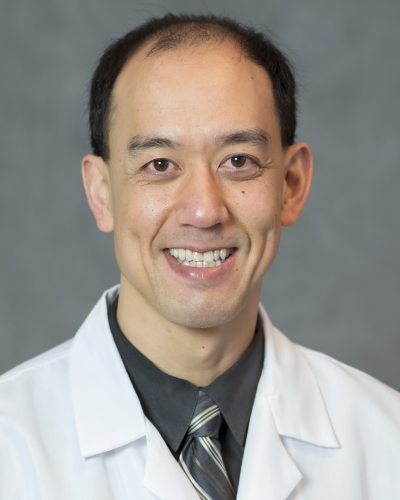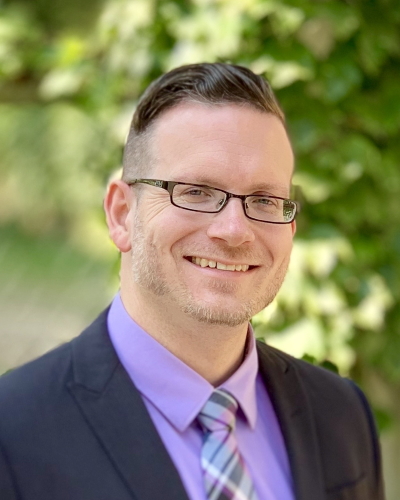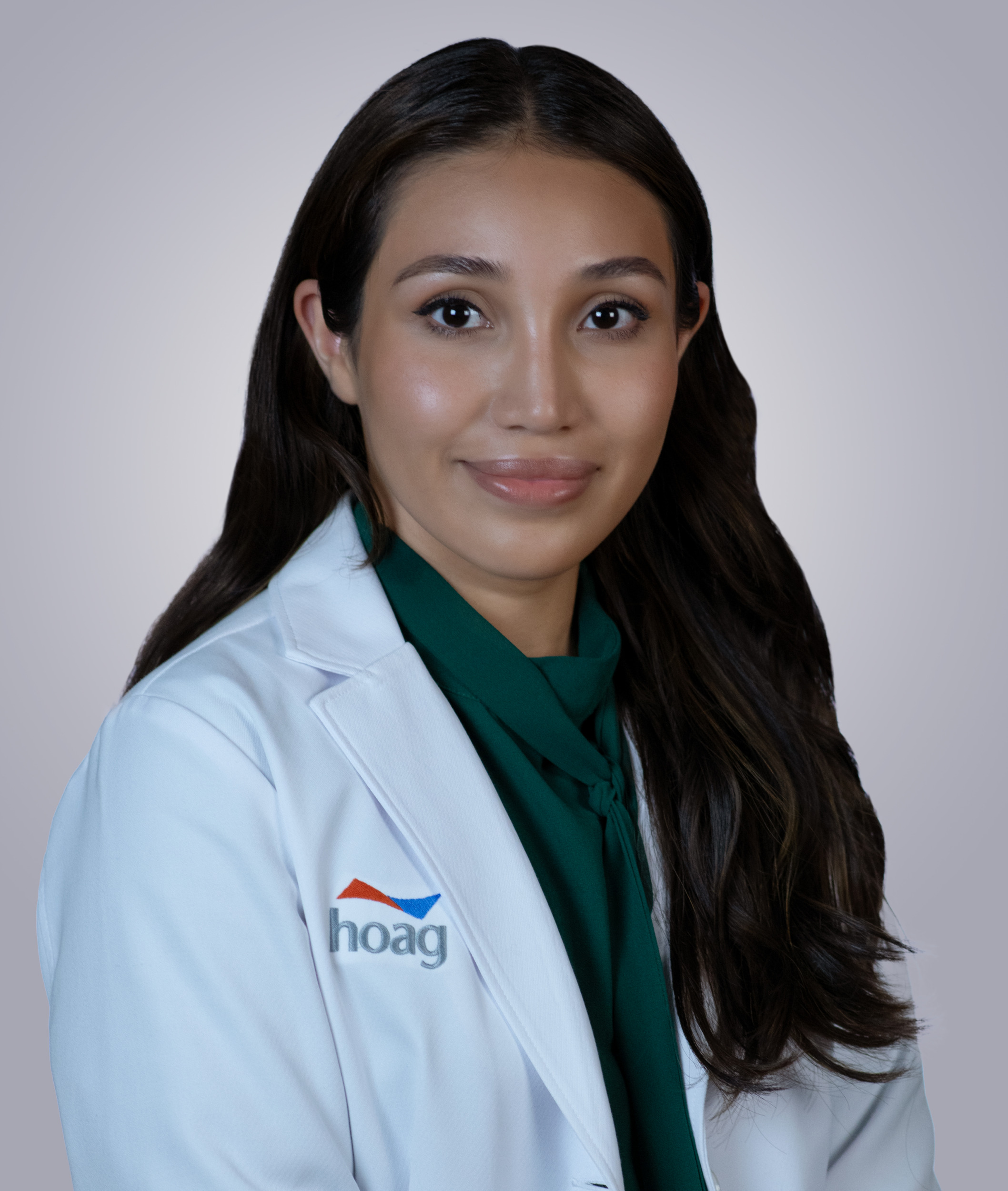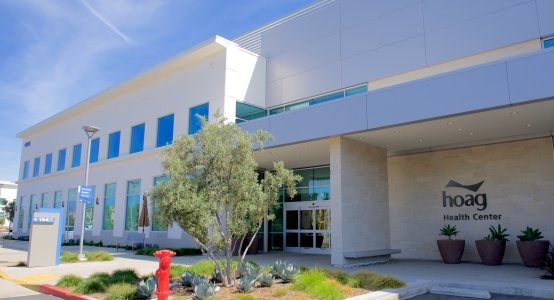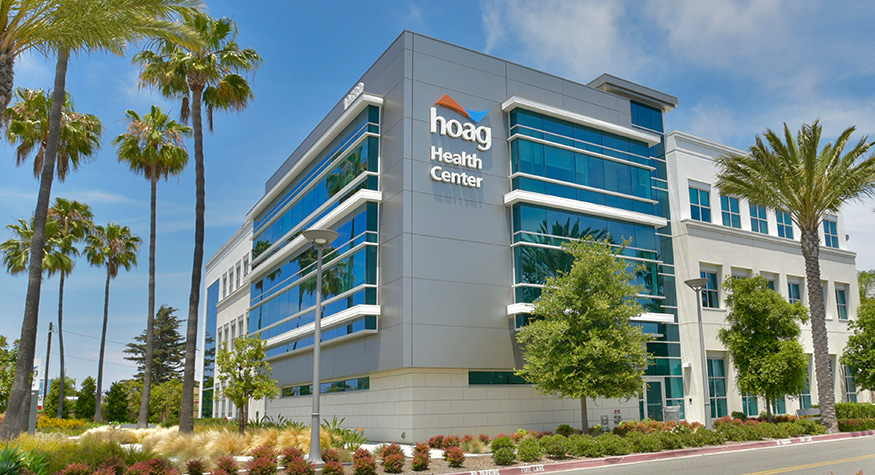Lung Cancer
Hoag Family Cancer Institute
(949) 722-6237
- About
- Screening
- Diagnosis & Treatment
- Meet the Team
- FAQ
Hoag's subspecialized team treats more lung cancer patients than any hospital in Orange County. We offer advanced therapies, innovative clinical trials and compassionate care so you can focus on what matters - your health.
Quick support
Integrated Care & Support Network
Hoag’s integrated care network will support you every step of the way through an individualized treatment plan, designed by experts who specialize in your specific type and stage of cancer.
What is your Lung Cancer risk?
Take our online health risk assessment to discover your lung cancer risks. After taking this assessment you’ll get more information on what your next steps should be.

World-Class Lung Cancer Team

OC’s Only Practicing Fellowship-Trained Interventional Pulmonologist

Now Offering Cios Spin®, a Groundbreaking Diagnostics Tool
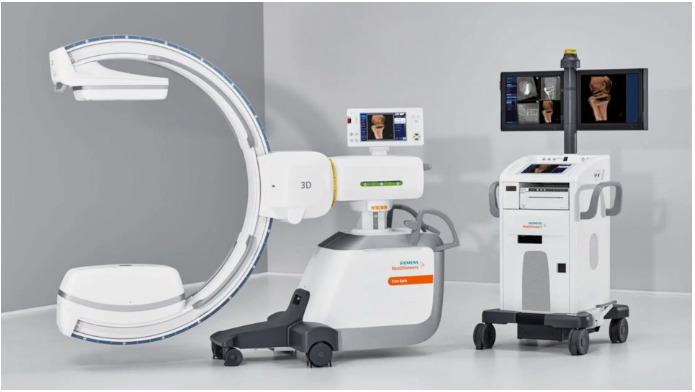
OC’s Robotic Surgery Experts for Lung Cancer
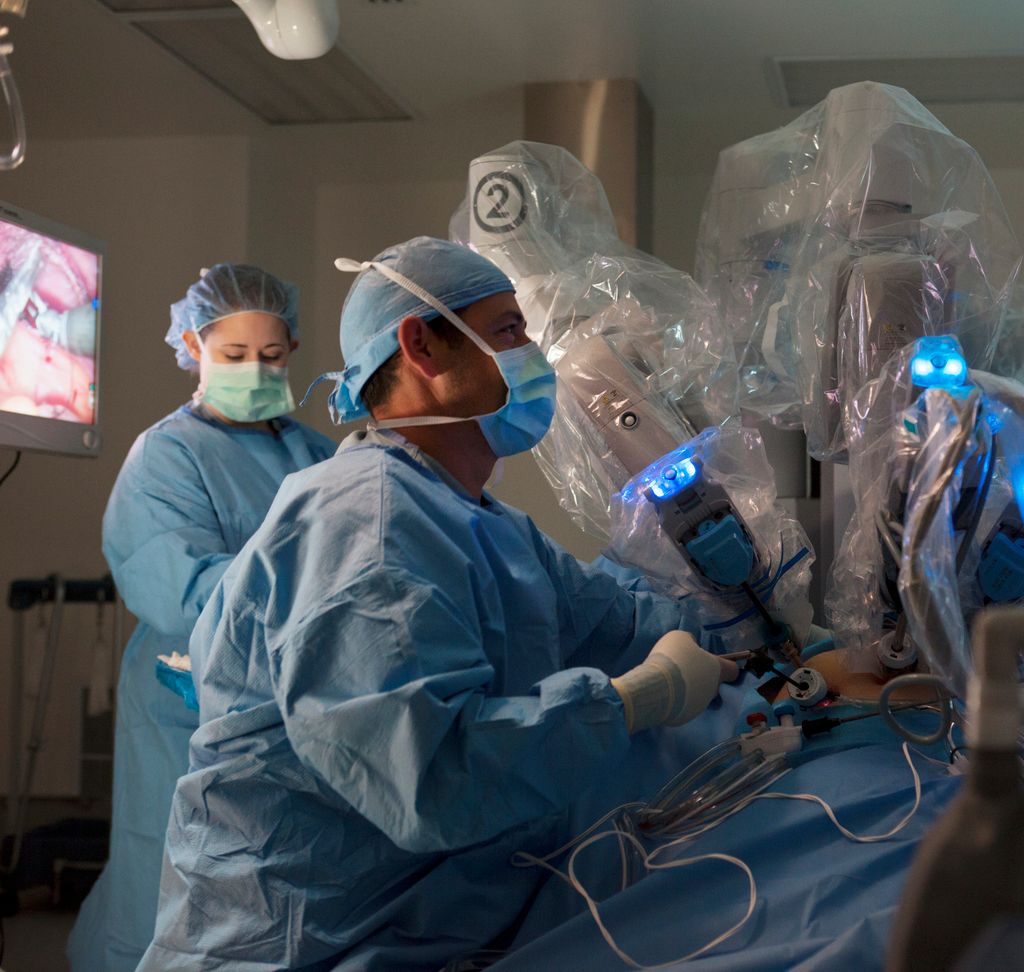
Defying the Odds with Early-Phase Clinical Trials

Most Advanced Radiation Treatment Available
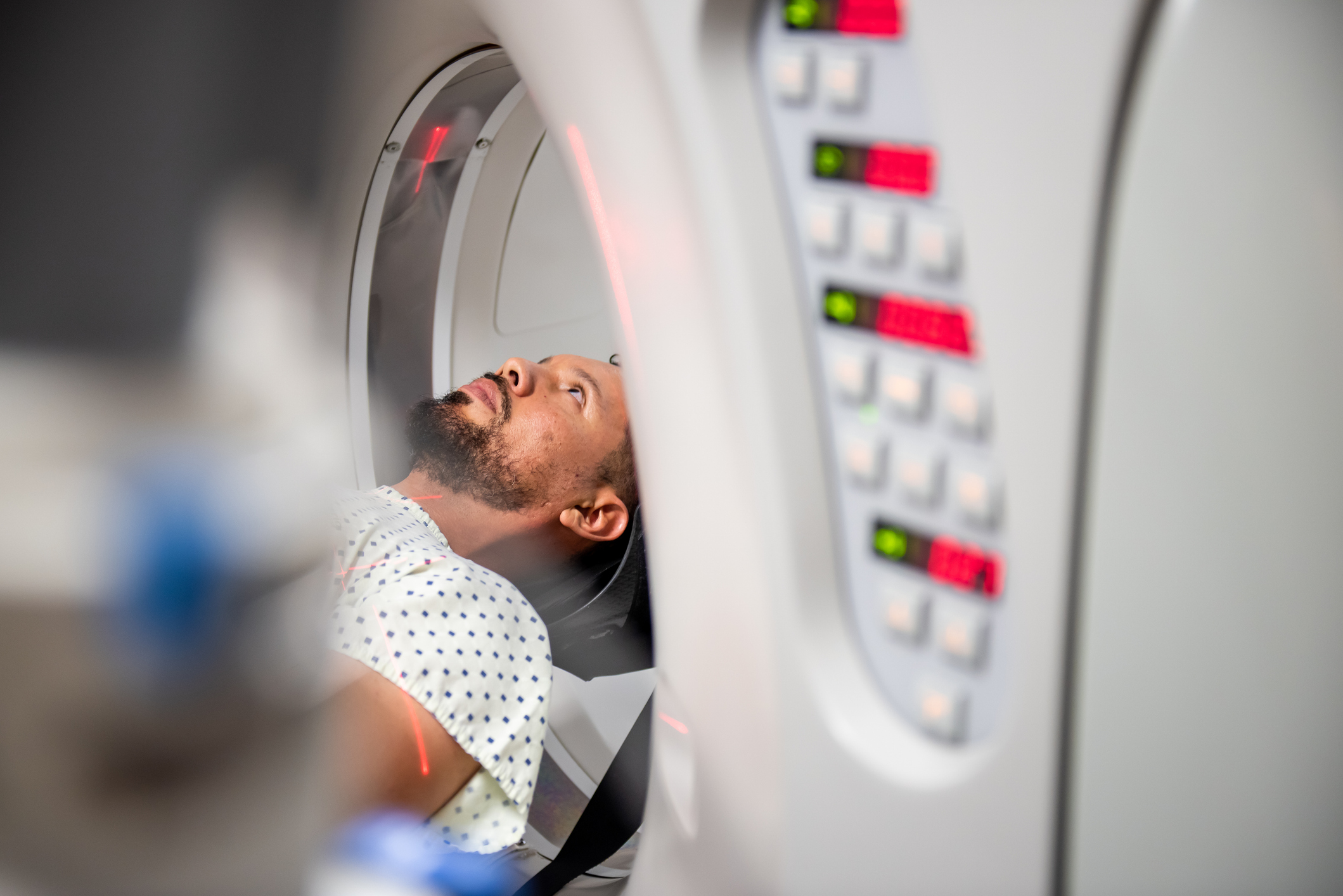
Hoag Family Cancer Institute Locations
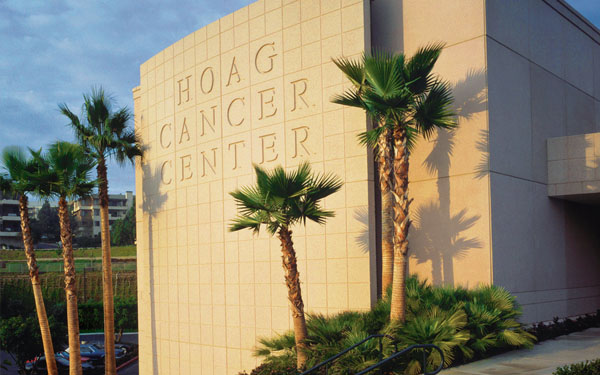
Hoag Memorial Hospital Presbyterian
- 1 Hoag Drive, Building #41
- Newport Beach, CA 92663
Begin Your Journey
1
Find the Right Provider
Get care from medical providers that fit your needs in a location near you.
Find a provider2
Explore Cancer Resources
Find information made to guide and support you on your journey.
See all resources3
Get in touch
Didn’t see what you’re looking for? Reach out and we’ll make sure you get what you need.
Contact usHoag Early Lung Cancer Screening Program
Hoag’s Lung Cancer Screening Program is recommended for both current and former smokers, following the recommendations listed above. Read more about Hoag’s Lung Cancer Screening Program.
Hoag’s Lung Cancer Screening Program is through physician referral only. Medicare and other insurance carriers will reimburse the cost of lung cancer screening for patients who meet certain criteria. This criteria includes: being between the ages of 50-77, having smoked at least the equivalent of one pack of cigarettes per day for 20 years. Medicare also requires that you and your physician discuss low-dose CT scan screening, and if it is right for you. Feel free to read through our Shared Decision-Making brochure, to help lead the conversation.
Hoag Lung Screening Service – Is a Lung Screening Right for You?
Hoag also offers a service focused on the discussion and assessment if lung cancer screening is right for you. This appointment with a nurse navigator reviews medical history, lung health history, among other things, to complete this Shared Decision Making step. Your physician may refer you to this service, or you can refer yourself. To schedule a Shared Decision Making appointment through Hoag’s Lung Screening Program, please call 949-7-CANCER.
For More Information
To learn more about Hoag Lung Cancer Screening Program, please call Lung Cancer Nurse Navigator Mandy Gutierrez, C.S.N., R.N., O.C.N. at 949-764-7119.
Hoag Family Cancer Institute’s Lung Cancer Screening Recommendations
Hoag Family Cancer Institute aligns with national medical societies and government organizations, recommending annual, low dose chest CT screening in patients 50-77 years old with a history of heavy smoking (greater than 20 pack-years*) who currently smoke or have quit within the past 15 years.
Annual screening is currently recommended for this population by the National Comprehensive Cancer Network, along with the American Academy of Family Physicians and the U.S. Preventive Services Task Force.
The above recommendations should take into account issues such as co-existing illnesses and life expectancy, and should be discussed with your physician. Screening should be discontinued if a person develops a health problem that substantially limits life expectancy or the ability or willingness to have curative lung surgery. Hoag encourages you to use this Shared Decision-Making brochure in your conversation.
*Pack year refers to number of packs smoked per day, multiplied by number of years smoked.
Smoking Cessation
Hoag Family Cancer Institute is committed to the prevention and early detection of lung cancer. One of the best ways to prevent lung cancer is to never start smoking, or if you are smoking – stop. Hoag offers an extensive smoking cessation program and many resources to help individuals to stop smoking. Learn more about Hoag’s Smoking Cessation Program.
Lung Cancer Support Group
Designed to meet the educational and emotional needs of lung cancer patients and their families. The support group meets virtually once per month. View virtual meeting dates here.
Frequently Asked Questions about Lung Cancer
Since early lung cancers usually do not exhibit symptoms, by the time symptoms occur, the cancer has often spread (metastasized). The treatment success for metastatic lung cancer can be limited. However, patients with stage 1 lung cancers, or early small lung cancers, detected before spreading, have much better survival rates.
A chest X-ray is an X-ray picture taken of the chest, one image from the back and one from the side. The X-rays form an image of the chest including the lungs, but other structures like the heart and spine, may obscure parts of the lungs where a cancer might be. Chest X-rays have not been shown to be useful for the early detection of lung cancer.
CT imaging utilizes a doughnut-shaped camera (scanner). The CT scanner takes several cross sectional images of the chest. CT imaging results in a more complete picture, it’s as if your body is loaf of bread, and we’re taking one slice of bread at a time and looking at the face of it, and then we continue looking at the face of each slice through the whole loaf.
When screening healthy smokers or former smokers for lung cancer, only the lungs need to be viewed. As a result, the radiation administered during the scan can be lowered to about one-sixth of what is given during a conventional CT scan.
No. The best way to prevent lung cancer is to not smoke, and if you are currently smoking, the best thing to do is quit.
A smoker who stops smoking will significantly reduce his/her risk of lung cancer. However, the risk of cancer will not decrease to the low risk of someone who has never smoked.
First, a physician referral is required. During the imaging test, you will need to lie down on the CT table and hold your breath for about 10 – 15 seconds, while the images are taken. Your results will be provided to your referring physician, who will review them with you during a follow-up consultation.
Many individuals will have a nodule from an old infection, or a scar, which can be difficult to distinguish from a very early cancer. In these cases, the patient will be referred to a pulmonologist for consultation and will need to come back for a follow-up scan in 6 -12 months (based on physician recommendation) to make sure the nodule isn’t growing.

As the area’s highest-volume cancer center, Hoag Family Cancer Institute sees, diagnoses and treats more lung cancer patients than any other hospital in Orange County — including patients with rare subtypes and complex cases. That gives Hoag a deep well of experience, which can lead to more accurate staging, more personalized treatment plans, fuller recoveries and better outcomes. Hoag’s commitment to research and the latest treatment options have improved survival rates for patients treated at Hoag at every stage of lung cancer.
Preventative Lung Cancer Screening at Hoag
If you are concerned about lung cancer due to a long history of heavy smoking, Hoag’s Early Lung Cancer Screening Program might be right for you. This groundbreaking program catches lung cancer in high-risk patients earlier through annual, low-dose CT screenings for heavy smokers or former heavy smokers between 50-77 years of age. Some private insurance plans and Medicare pay for this vital preventative screening.
How Lung Cancer is Diagnosed
After discussing your symptoms and medical history with your doctor, you will likely be given a thorough medical exam, which may be followed by other tests and diagnostic procedures. At Hoag, this may include:
Cios Spin, a new imaging technology for diagnosing lung cancer earlier, more accurately and less invasively. Hoag is the first hospital in Orange County to offer this technology.
The Ion Robotic-Assisted Bronchoscopy Platform, a robot-enabled technique allowing for safe, minimally invasive collection of tissue samples for biopsy. Hoag is one of the few Interventional Pulmonology programs in the U.S. offering this technology.
Endobronchial Ultrasound (EBUS), a minimally invasive procedure used to obtain lymph node tissue samples for biopsy without conventional surgery.
Convex-Probe Endobronchial Ultrasound Bronchoscopy (CP-EBUS)
Radial-Probe Endobronchial Ultrasound Bronchoscopy (RP-EBUS)
Ion Navigational Bronchoscopy, a recent innovation that extends the conventional bronchoscope, providing doctors with better views of cancerous lesions deep in the lungs.
Cone-Beam Computed Tomography (CBCT) with 3D Fluoroscopy
Positron Emission Tomography (PET)
Bone Scans
Mediastinoscopy
Next Steps for Those Diagnosed with Lung Cancer
After diagnosis, your doctor will talk to you about your current symptoms, discuss treatment options and potentially refer you to a specialist for more tests or surgery. If you still smoke or use tobacco at the time of your diagnosis, quit immediately.
Treatment Options for Lung Cancer
Treatment options for lung cancer depend on many factors, including how advanced the cancer is when detected, your age and any other health issues you may have. The treatments Hoag recommends for lung cancer vary from patient to patient, but may include:
Cell Therapy (Immunotherapy)
Systemic Therapies (chemotherapy & biotherapy)
Active Surveillance
Research & Clinical Trials for Lung Cancer
Hoag is committed to leading the way in state-of-the-art technologies and advanced treatment options. Part of this commitment includes clinical research with the goal of helping patients live longer, healthier lives. Through carefully planned clinical trials, researchers evaluate the safety and effectiveness of new ways to diagnose, treat and prevent diseases or conditions. Treatments studied in clinical trials might be new drugs or new combinations of drugs, new surgical procedures or devices, or new ways to use existing treatments. View clinical trials for lung cancer here.
Meet Hoag's Lung Cancer Team
Lung Cancer Thoracic Surgeons

Daryl P. Pearlstein, MD
Daryl Pearlstein, M.D., is the Director of Thoracic Surgery & the Lung Cancer Program at Hoag Hospital and a board-certified, subspecialty-trained thoracic surgeon. Dr. Pearlstein has dedicated his career toward mastering and expanding the role of minimally invasive surgical techniques, including robotic assisted surgery, to provide his patients the most effective and comfortable post-operative experience.<br><br>Prior to moving to Southern California, Dr. Pearlstein was Associate Professor of Cardiothoracic Surgery at the Medical College of Wisconsin in Milwaukee. Dr. Pearlstein also served as Chairman of the Division of Cardiothoracic Surgery at Waukesha Memorial Hospital in Waukesha, Wisconsin as well as Surgical Director of the hospital’s Thoracic Center.<br><br>Dr. Pearlstein is an invited author of the 16th & 17th Editions of SESAP® (The American College of Surgeons Surgical Education and Self-Assessment Program), has served as co-investigator on several peer-reviewed research projects, and given multiple professional lectures, workshops and presentations. Dr. Pearlstein recently published the first peer-reviewed manuscript describing the use of the da Vinci® robotic stapler for the purpose of anatomic lung resection.<br><br>Daryl Pearlstein, M.D. is a consultant and proctor for Intuitive Surgical, Inc., the manufacturer of da Vinci®. At Hoag Dr. Pearlstein hosts a prestigious Mentorship & Case-observation site for robotic thoracic surgery, teaching surgeons from around the world. Hoag is one of two such sites in the Western United States.<br><br>Dr. Pearlstein completed his medical schooling at Vanderbilt University School of Medicine in Nashville, Tennessee and fellowships at the University of Utah in Salt Lake City and Cedars-Sinai Medical Center in Los Angeles. Previously, he completed his undergraduate degree at Northwestern University in Evanston, Illinois. Dr. Pearlstein and his wife live with their three children in Irvine, California.
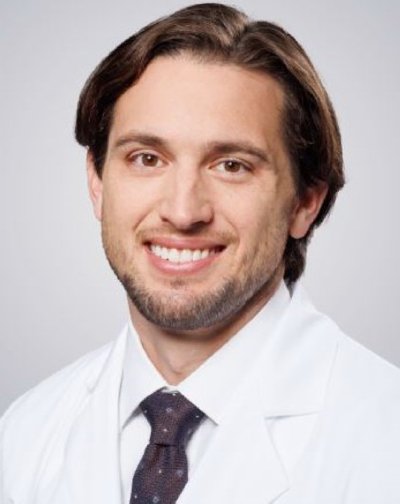
Matthew D. Stanley, MD
<div> <p dir="ltr"><span>Matthew D. Stanley, M.D., is a fellowship-trained thoracic surgeon at Hoag Family Cancer Institute. Dr. Stanley’s areas of expertise include robotic surgical techniques and minimally invasive surgery. He specializes in treatment of esophageal and lung cancer, gastroesophageal reflux disease (GERD), achalasia, paraoesophageal and hiatal hernias, mediastinal tumors and airway disease.</span></p> <p></p> <p dir="ltr"><span>Dr. Stanley completed his cardiothoracic surgery fellowship and general surgery residency at Emory University School of Medicine in Atlanta, Georgia. During his final year of training, he was selected by his peers to serve as administrative chief fellow. During residency, he completed a post-doctoral research fellowship. He earned his medical degree at the University of Kentucky College of Medicine in Lexington, Kentucky.</span></p> <p></p> <p dir="ltr"><span>Dr. Stanley completed the Thoracic Surgical Robotics Fellowship under the American Association for Thoracic Surgery and Intuitive Surgical. In 2023, he received the House Staff organization Professionalism Excellence (HOPE) Award at Emory, honoring his exceptional professionalism in working with patients and colleagues.</span></p> <p dir="ltr"></p> <p dir="ltr"><span>Dr. Stanley has authored or co-authored several book chapters, peer-reviewed publications and oral presentations. He is a member of the Society of Thoracic Surgeons and the American College of Surgeons. </span></p> <p dir="ltr"></p> <p dir="ltr"><span>In his spare time, Dr. Stanley enjoys travel, running, skiing, physical fitness, college athletics and spending time with his wife and daughter.</span></p> </div>
Lung Cancer Medical Oncologists
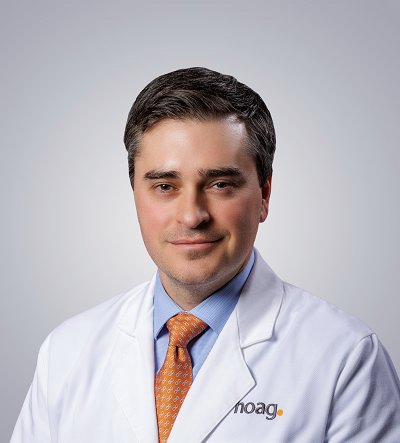
Simon Khagi, MD
<div> <p dir="ltr"><span>Simon Khagi, MD, is Medical Director of Neuro-Oncology at Hoag Family Cancer Institute and a board certified medical and neurological oncologist. Dr. Khagi’s areas of expertise include treating primary brain and spine cancers, as well as lung cancers and advanced skincancers. His areas of expertise include: immunotherapy, genomically-guided therapy, oncolytic virotherapy, adoptive cell therapy (i.e. NK and chimeric antigen receptor T cells), and alternating tumor treating fields. He has significant experience with glioblastoma, astrocytoma, oligodendroglioma, meningioma, ependymoma, medulloblastoma, germ cell tumors, brain metastases, rare brain tumors, lung cancers, melanoma, and other advanced skin cancers.</span></p> <p dir="ltr"></p> <p dir="ltr"><span>Dr. Khagi has always felt a strong connection with patients and families battling cancer. His desire to help them motivated him to become an oncologist. According to Dr. Khagi, he considers quality and quantity of life as two sides of the same coin when supporting his patients. Valuing both is a cornerstone of the care he provides.</span></p> <p><span> </span></p> <p dir="ltr"><span>Previously, Dr. Khagi was an Assistant Professor of Medicine at the Geisel School of Medicine at Dartmouth. He also served as an Associate Oncology Service Line Director and Regional Medical Director at Dartmouth Cancer Center. Prior to joining Dartmouth, Dr. Khagi served as the Director of the Neuro-Oncology and Brain Metastases Program at the University of North Carolina at Chapel Hill UNC.</span></p> <p><span> </span></p> <p dir="ltr"><span>Dr. Khagi is active in clinical research, having conducted numerous clinical trials focusing on glioblastoma, meningioma, advanced glioma, and brain metastases, among others. While at UNC, he led many novel research protocols, including the first institutional use of a live virus delivered directly into the brain against brain tumors, in addition to contributing to the development of a novel CAR T cell technology for glioblastoma. To date, Dr. Khagi has authored or co-authored over fifty book chapters, peer-reviewed manuscripts and abstracts. Selected list of publications.</span></p> <p><span> </span></p> <p dir="ltr"><span>Having received multiple honors throughout his career and being inducted as a fellow of the American College of Physicians, Dr. Khagi has also received the “Healthcare Hero Award” from the Head for the Cure Foundation and the “Exemplary Service Award” from the UNC Division of Medical Oncology along with multiple research grants.</span></p> <p><span> </span></p> <p dir="ltr"><span>Dr. Khagi feels strongly about raising awareness of the societal burden of cancer and speaks regularly at community outreach events, in addition to sitting on multiple advisory boards focused on improving cancer care.</span></p> <p dir="ltr"></p> <p dir="ltr"><span>Dr. Khagi has always felt a strong connection with patients and families battling cancer. The desire to help them motivated him to become an oncologist. According to Dr. Khagi, he considers quality and quantity of life as two sides of the same coin when supporting his patients. Valuing both is a cornerstone of the care he provides. </span></p> <p dir="ltr"></p> <p dir="ltr"><span>Previously, Dr. Khagi was an Assistant Professor of Medicine at the Geisel School of Medicine at Dartmouth. He also served as an Associate Oncology Service Line Director and Regional Medical Director at Dartmouth Cancer Center. Prior to joining Dartmouth, Dr. Khagi served as the Director of the Neuro-Oncology and Brain Metastases Program at the University of North Carolina at Chapel Hill UNC. </span></p> <p dir="ltr"></p> <p dir="ltr"><span>Dr. Khagi is active in clinical research, having conducted numerous clinical trials focusing on glioblastoma, meningioma, advanced glioma, and brain metastases, among others. While at UNC, he led many novel research protocols, including the first institutional use of a live virus delivered directly into the brain against brain tumors, in addition to contributing to the development of a novel CAR T cell technology for glioblastoma. To date, Dr. Khagi has authored or co-authored over fifty book chapters, peer-reviewed manuscripts and abstracts. Selected list of publications.</span></p> <p dir="ltr"></p> <p dir="ltr"><span>Having received multiple honors throughout his career and being inducted as a fellow of the American College of Physicians, Dr. Khagi has also received the “Healthcare Hero Award” from the Head for the Cure Foundation and the “Exemplary Service Award” from the UNC Division of Medical Oncology along with multiple research grants. </span></p> <p dir="ltr"></p> <p dir="ltr"><span>Dr. Khagi feels strongly about raising awareness of the societal burden of cancer and speaks regularly at community outreach events, in addition to sitting on multiple organizational boards focused on improving cancer care.</span></p> </div>
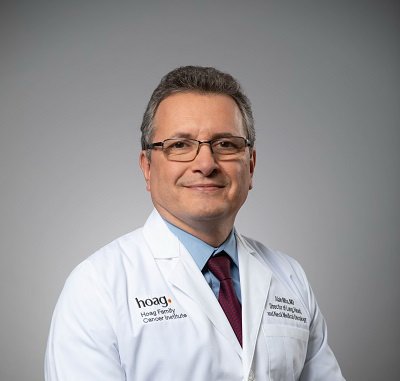
Alain C. Mita, MD
Alain C. Mita, M.D., M.S.c., is an oncologist at Hoag Family Cancer Institute specializing in the treatment of lung, thyroid and head & neck cancers, as well as in the development of new therapies for cancer. Before joining Hoag, Dr. Mita served as Co-Director of Experimental Therapeutics at the Samuel Oschin Comprehensive Cancer Institute as well as Associate Professor of Medicine at Cedars-Sinai Medical Center. He was also Professor of Medicine at University of California, Los Angeles. An accomplished researcher, Dr. Mita has served as the principal investigator or co-principal investigator on numerous phase I-II clinical trials testing the effects of new drug therapies for cancer treatment. Dr. Mita earned his medical degree at the University of Medicine and Pharmacy “Carol Davila” in Bucharest, Romania, as well as a Master of Science degree in Cellular Regulation and Pathology of Regulations, Hematology and Immunology. Dr. Mita completed his fellowship in Medical Oncology at the University of Texas Health Science Center San Antonio, Texas. He also completed an Advanced Oncology Drug Development Fellowship Program at the Institute for Drug Development at the Cancer Therapy and Research Center and University of Texas Health Science Center. Dr. Mita has presented and taught multiple clinical lectures throughout his career and contributed to more than 250 peer-reviewed research papers and clinical abstracts on the efficacy of oncology drug therapies.
Lung Cancer Interventional Pulmonology
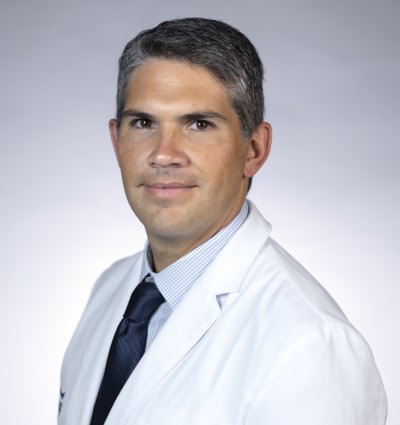
Javier A. Longoria, MD
Dr. Javier Longoria is a triple board-certified interventional pulmonologist at Hoag Family Cancer Institute. He works alongside a team of experts who specialize in oncology and thoracic surgery to provide highly skilled interventional pulmonary care management to cancer patients. Dr. Longoria’s expertise in robotic and minimally-invasive approaches to lung biopsy, malignant and benign central airway disorders and pleural disease further expands Hoag Family Cancer Institute’s comprehensive cancer treatment options for patients. Dr. Longoria attended medical school at Loyola University Chicago, Stritch School of Medicine. He completed his residency in internal medicine and fellowship training in both interventional pulmonology and pulmonary and critical care medicine at University of California, Irvine. He is board certified in internal medicine, pulmonary medicine and critical care medicine. Prior to joining Hoag, Dr. Longoria was the director of interventional pulmonology and was an Associate Professor of Medicine within the University of California, Irvine’s Division of Pulmonary and Critical Care Medicine. He is a published researcher and presenter and a member of several professional organizations including the American College of Chest Physicians, American Thoracic Society, International Association for the Study of Lung Cancer and the American Association for Bronchology and Interventional Pulmonology. Originally from South Texas, Dr. Longoria now calls San Clemente home. In his free time, he enjoys watching college football and professional soccer and spending time with his two young daughters.
Radiation Oncologists
Molecular Imaging & Therapy Team
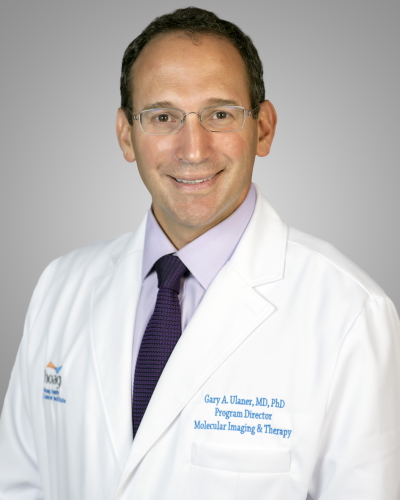
Gary A. Ulaner, MD
James & Pamela Muzzy Endowed Chair in Molecular Imaging and Therapy; Director, Molecular Imaging and Therapy
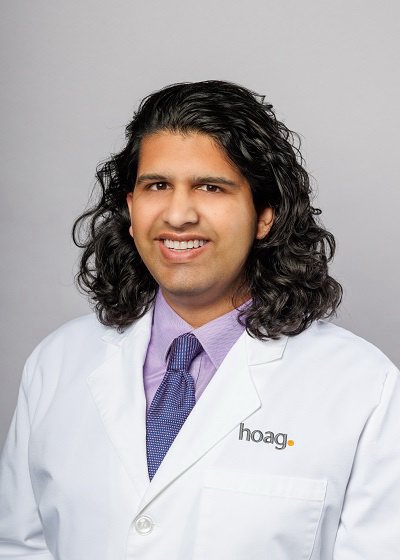
Ryan P. Reddy, MD
Diagnostic Radiology, Nuclear Medicine
Lung Cancer Nurse Navigator
Hoag's Precision Medicine Program
Hoag’s Precision Medicine Program combines genomics and genetics to diagnose, treat, and prevent diseases. Using the latest advances in genomic technologies, targeted therapies and research, our precision medicine program brings together a multidisciplinary team, including a robust genetic counseling group of experts, to provide patients with the latest in innovation and technology.
Hoag’s Molecular Imaging & Therapy (MIT) Program
Hoag’s Molecular Imaging & Therapy (MIT) Program has been recognized as one of only 48 Radiopharmaceutical Therapy Centers of Excellence in the world. Through this program, Hoag is helping pioneer the most sensitive imaging methods to date to advance research and applications of molecular imaging and therapy in the treatment of cancer patients. These trials are expected to play a significant role in cancer detection, individualized treatment and drug development. The future of cancer detection and therapy is offered today at Hoag.
Hoag Family Cancer Institute Genetic Counselors
Hoag Family Cancer Institute provides a dedicated team of genetic counselors that offer hereditary cancer assessment, offering risk assessment and genetic cancer testing to those with a personal or family history of cancer.
Hoag Family Cancer Institute Social Workers
Being diagnosed with cancer can feel overwhelming at times. Many patients and their families need help with coping and can benefit from supportive counseling. Oncology Clinical Social Workers are available to provide emotional and practical support during all stages of cancer including diagnosis, treatment and post-treatment survivorship.
Hoag Family Cancer Institute Dietitians
Hoag Family Cancer Institute dietitians work closely with patients’ physicians, nurses, therapists, and social workers to ensure complete care.
World-Class Cancer Treatment. Right here in OC.
Hoag is the top choice for cancer care in Orange County, with cancer survival rates that continually exceed national averages. Our dedicated, world-class teams are wholly focused on helping you survive cancer, heal and move forward with your life.
Do I Have Lung Cancer?
Lung cancer is cancer that begins in the lungs, the main respiratory organs of the body. It can sometimes spread to other organs and lymph nodes. Today, lung cancer is the third most common cancer in the United States, according to the CDC.
The are two main types of lung cancer:
- Small cell lung cancer (SCLC), includes two types that include many different types of cells. This type accounts for 15 percent of lung cancer cases. The cancer cells of each type grow and spread in different ways. The types of small cell lung cancer are named for the kinds of cells found in the cancer and how the cells look when viewed under a microscope:
- Small Cell carcinoma (oat cell cancer)
- Combined small cell carcinoma
- Non-small cell lung cancer (NSCLC), which is the most common type of lung cancer, accounting for about 85 percent of lung cancer cases. Subtypes of NSCLC include adenocarcinoma, squamous cell carcinoma and large cell carcinoma
Several common cancers that begin elsewhere in the body can spread (or metastasize) to the lungs, including skin, breast, kidney and pancreas cancers.
The symptoms of lung cancer can be different for every patient, and vary based on how advanced the cancer is. Common symptoms can include:
- Recurring bronchitis, pneumonia and other respiratory infections
- Swollen lymph nodes in the chest
- Chest pain
- A constant or recurring cough
- A raspy or hoarse speaking voice
- Wheezing
- Unexplained shortness of breath
In more advanced lung cancer cases, symptoms may include:
- Unexplained fatigue, loss of appetite and weight loss
- Coughing up blood, or mucus that’s reddish brown
- Recurring headaches that can be severe
- Moderate to severe aches in the bones and chest
- Pleural effusion, a condition in which fluid accumulates in the chest cavity around the cancerous lung
There are several risk factors that are believed to increase your risk of developing lung cancers. These include:
- Smoking and exposure to secondhand smoke, with most cases of lung cancer being due to tobacco use.
- Exposure to radon, a colorless, odorless, naturally-occurring radioactive gas that can seep into and accumulate in homes and workplaces over time
- Exposure to asbestos, a naturally occurring mineral that was once used extensively in residential and commercial insulation and is still found in many older buildings.
- Previously having lung cancer
- A family history of lung cancer
- Previous radiation therapy to the chest
Ways to reduce your risk of developing lung cancer include:
- Quit smoking and encourage smokers you might live with to not expose you and others to secondhand smoke. Hoag offers a smoking cessation class to support your efforts to quit smoking.
- Avoiding radon, including having your home professionally checked. Almost every state in the U.S. has some level of radon. The top ten states with highest average radon concentrations are Alaska, South Dakota, Pennsylvania, Ohio, Washington, Kentucky, Montana, Idaho, Colorado and Iowa.
- Avoiding asbestos, including wearing proper protective gear when working around known asbestos and having older buildings and homes checked for asbestos prior to beginning any demolition or renovation work.
Yes, early lung cancer screening is available at Hoag.
If you are concerned about lung cancer due to a long history of heavy smoking, Hoag’s Early Lung Cancer Screening Program might be right for you. This groundbreaking program catches lung cancer in high-risk patients earlier through annual, low-dose CT screenings for heavy smokers or former heavy smokers between 50-77 years of age. Some private insurance plans and Medicare pay for this vital preventative screening.
